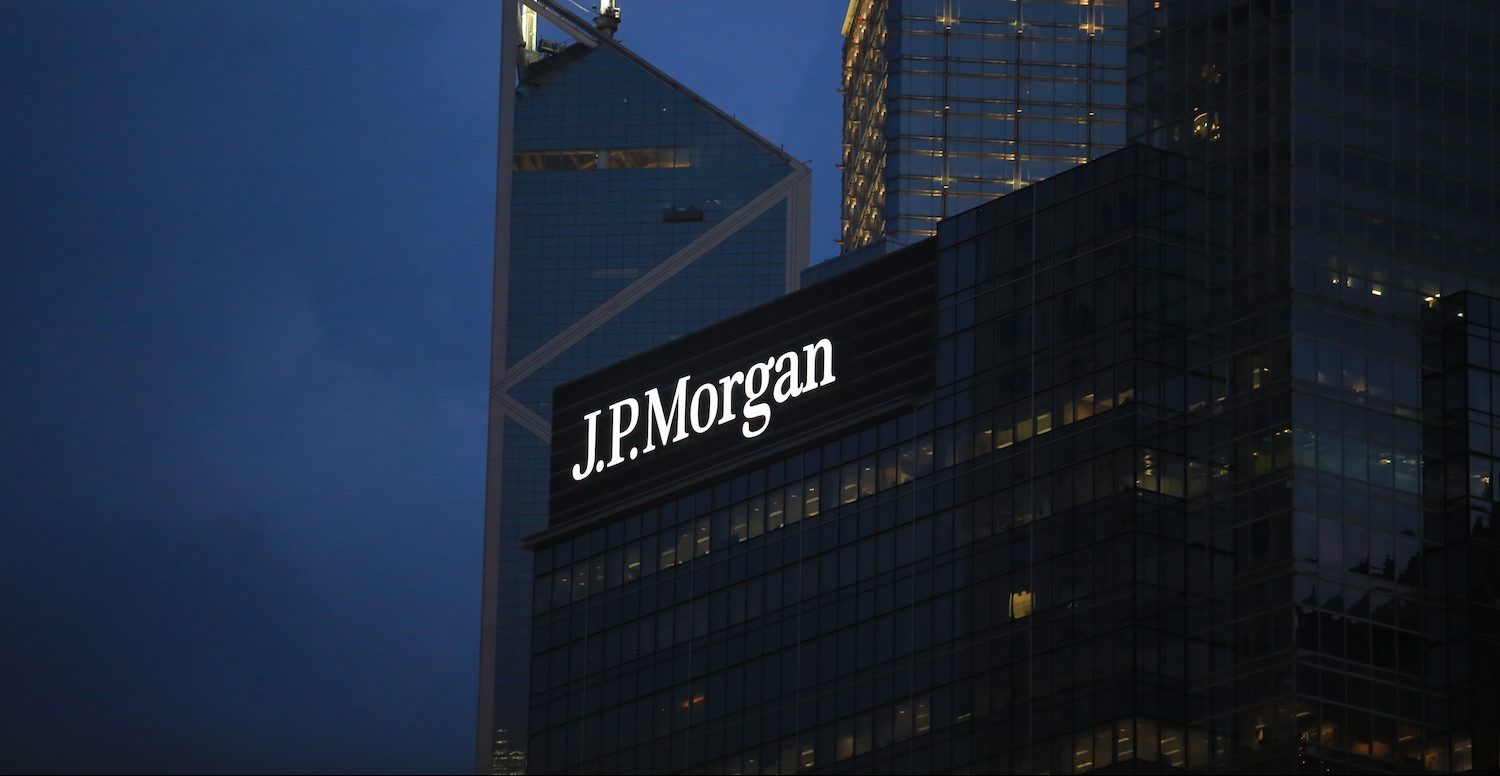Tether Faces Potential Challenges with Proposed U.S. Stablecoin Regulations
The issuer of USDT, Tether, may encounter significant hurdles if the proposed stablecoin regulations in the United States are enacted. According to a recent research report by Wall Street bank JPMorgan (JPM), the company might be compelled to divest some of its reserves to align with the new regulatory framework.
The Senate’s Guiding and Establishing National Innovation for U.S. Stablecoins (GENIUS) Act aims to introduce federal oversight for stablecoins that boast a market capitalization exceeding $10 billion. This report highlights that the legislation also opens the door for state regulation, provided it is consistent with federal guidelines. In contrast, the House of Representatives’ STABLE Act advocates for state regulation without imposing any prerequisites.
As noted by analysts led by Nikolaos Panigirtzoglou, “Reserve requirements under the STABLE Act are stricter, allowing only insured deposits, U.S. Treasury bills, short-term treasury repos, and reserves held at central banks.” They further observed that the Senate bill permits the inclusion of money market funds and reverse repos as well. “Both bills stipulate that only high-quality and liquid assets are acceptable as reserves,” the analysts added.
Tether currently commands a dominant position in the stablecoin market, holding a substantial 60% market share. With a market capitalization of approximately $142 billion, JPMorgan’s analysis indicates that Tether’s reserves are “only 66% compliant under the STABLE Act and 83% compliant under the GENIUS Act,” as per the company’s disclosures. Moreover, the bank pointed out, “both figures suggest a declining compliance ratio since the middle of last year amid a surge in stablecoin supply.”
In light of the proposed regulations, Tether would need to replace non-compliant assets with compliant ones. This transition implies that the company may need to “sell off non-compliant assets such as precious metals, bitcoin (BTC), corporate paper, secured loans, and various other investments, while acquiring compliant assets like Treasury bills.”
A spokesperson for Tether stated, “Tether is closely monitoring the evolution of the various U.S. stablecoin bills and is actively engaging with local regulators. Industry consultation is essential, and it remains uncertain which bill will ultimately gain traction.” They added, “Even in the most extreme scenario, JPMorgan overlooks the fact that Tether’s Group equity exceeds $20 billion in other highly liquid assets and generates over $1.2 billion in quarterly profits through U.S. Treasuries. Adapting to new requirements will be straightforward.”
Following the release of the bank’s report, Tether CEO Paolo Ardoino tweeted on X, stating that “JPM analysts are salty because they don’t own bitcoin.” The report also indicated that new regulations demanding greater transparency and more frequent reserve audits could present additional challenges for Tether.







